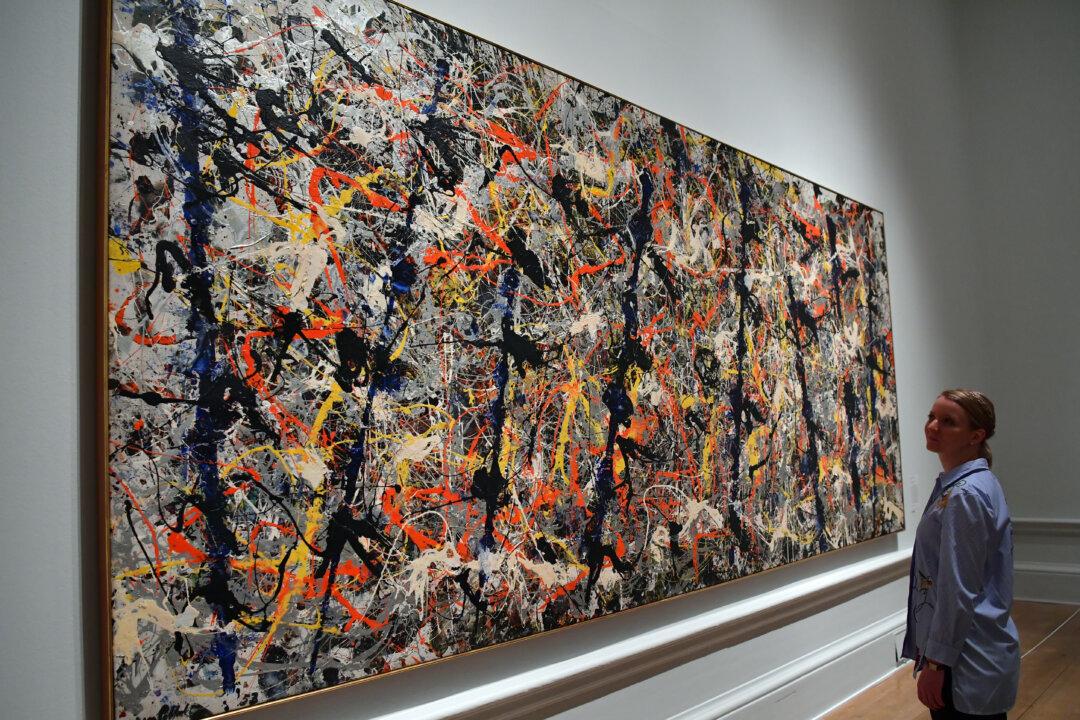Commentary
In the introduction to his magisterial “Essays on European Literature” (1950), E.R. Curtius remarked on his good fortune in having been a contemporary and an interpreter of “men like Gide, Claudel, Péguy, Proust, Valéry, Hofmannsthal, Ortega, Joyce, Eliot.”





